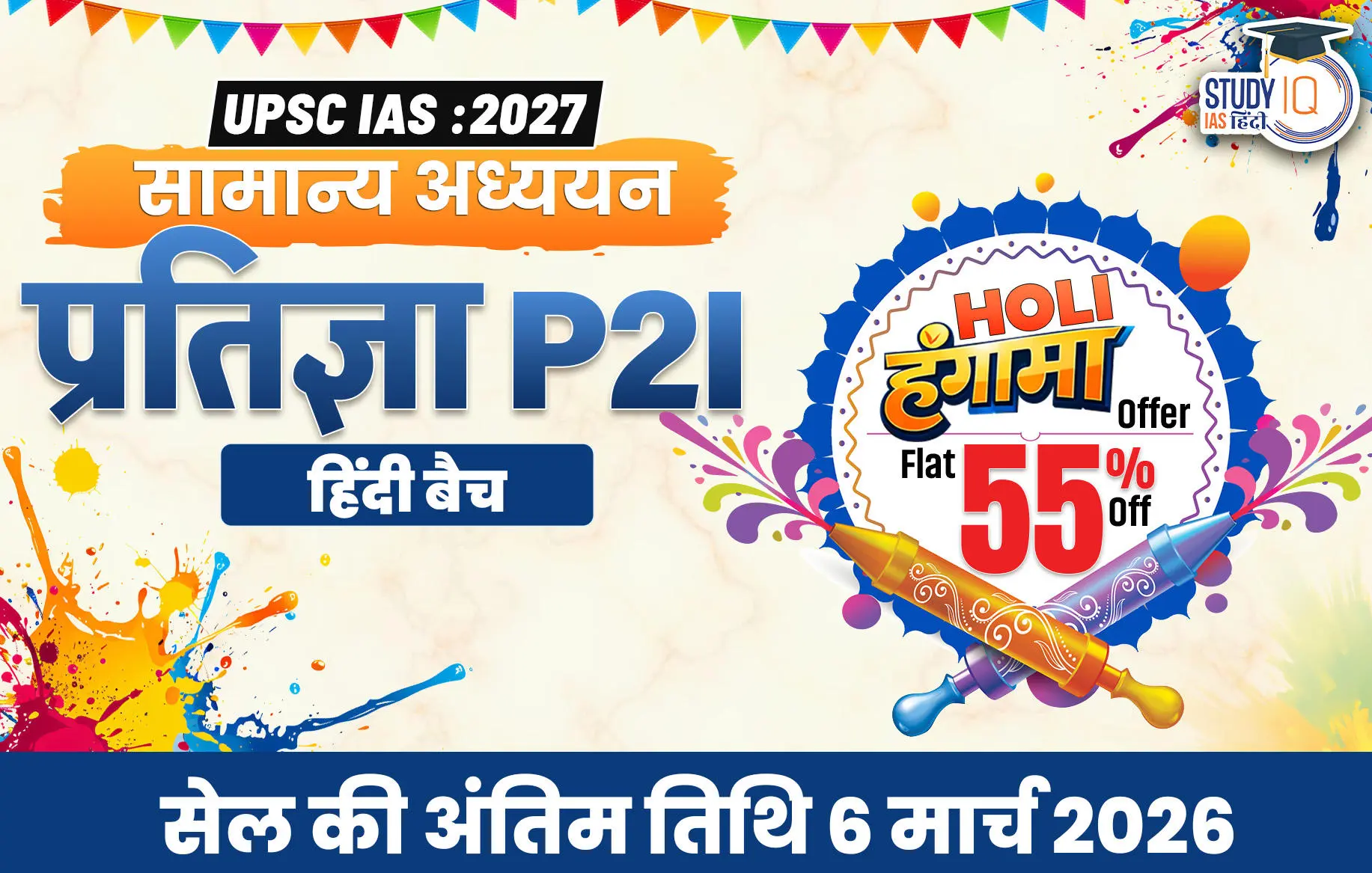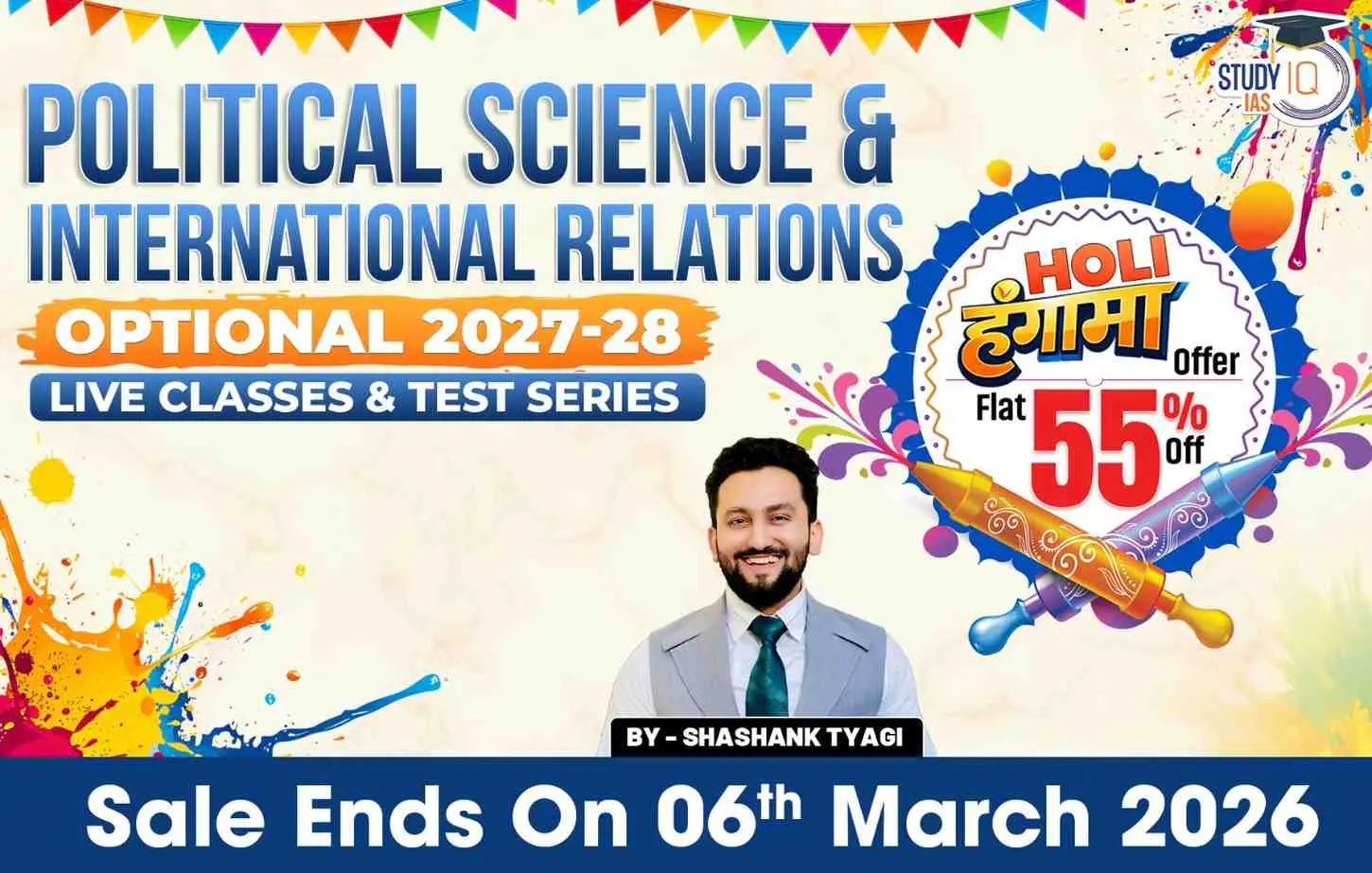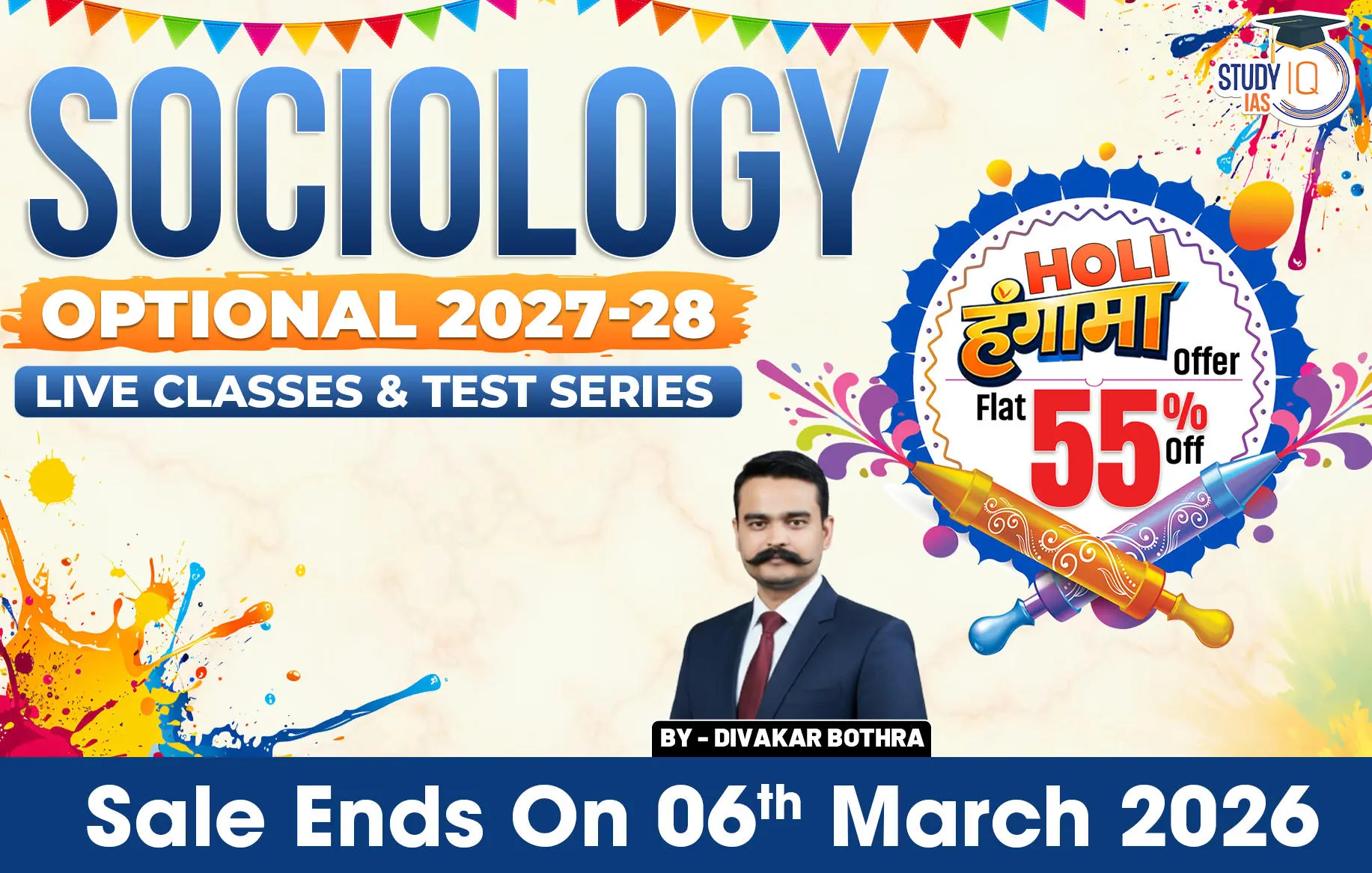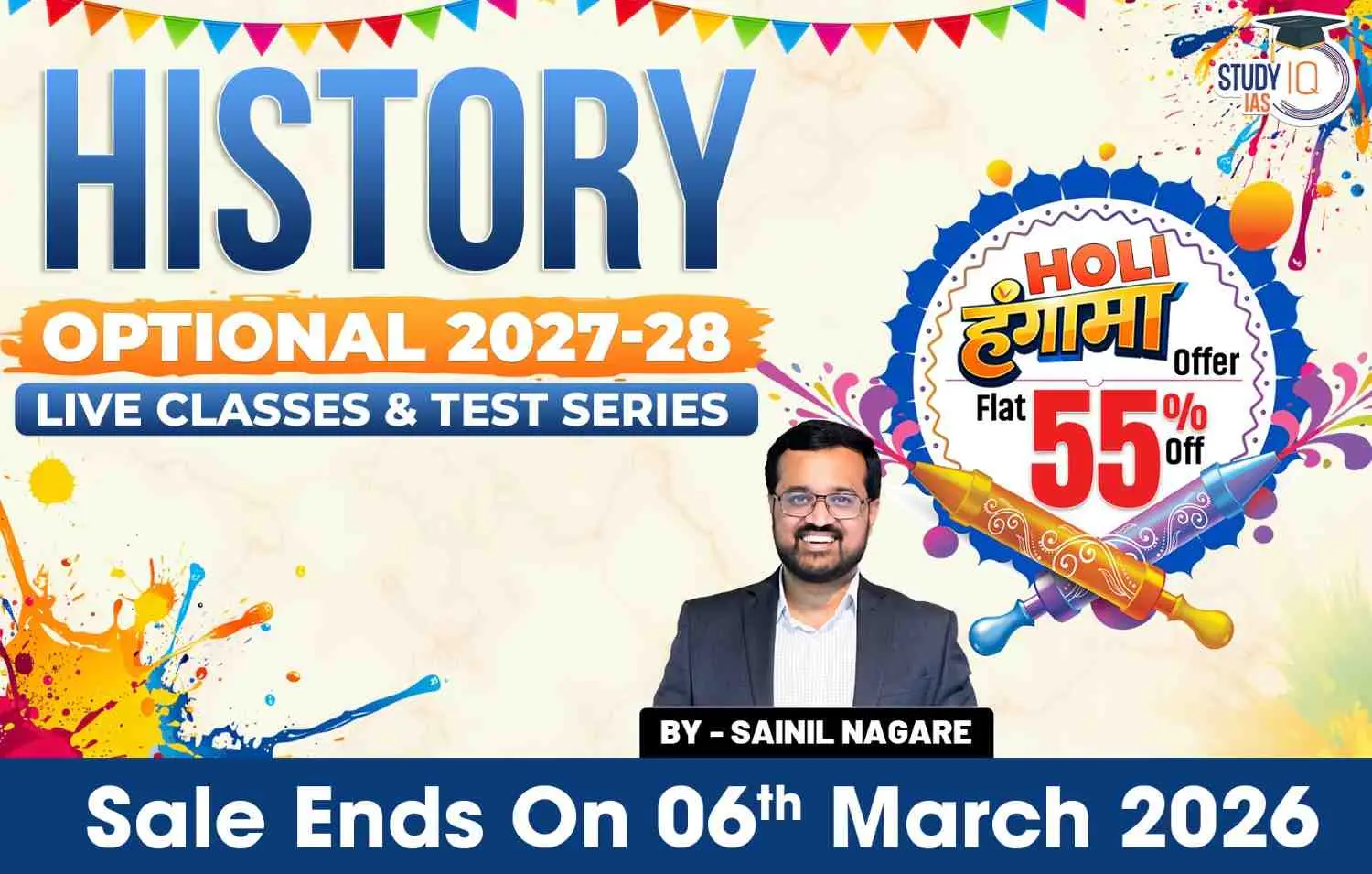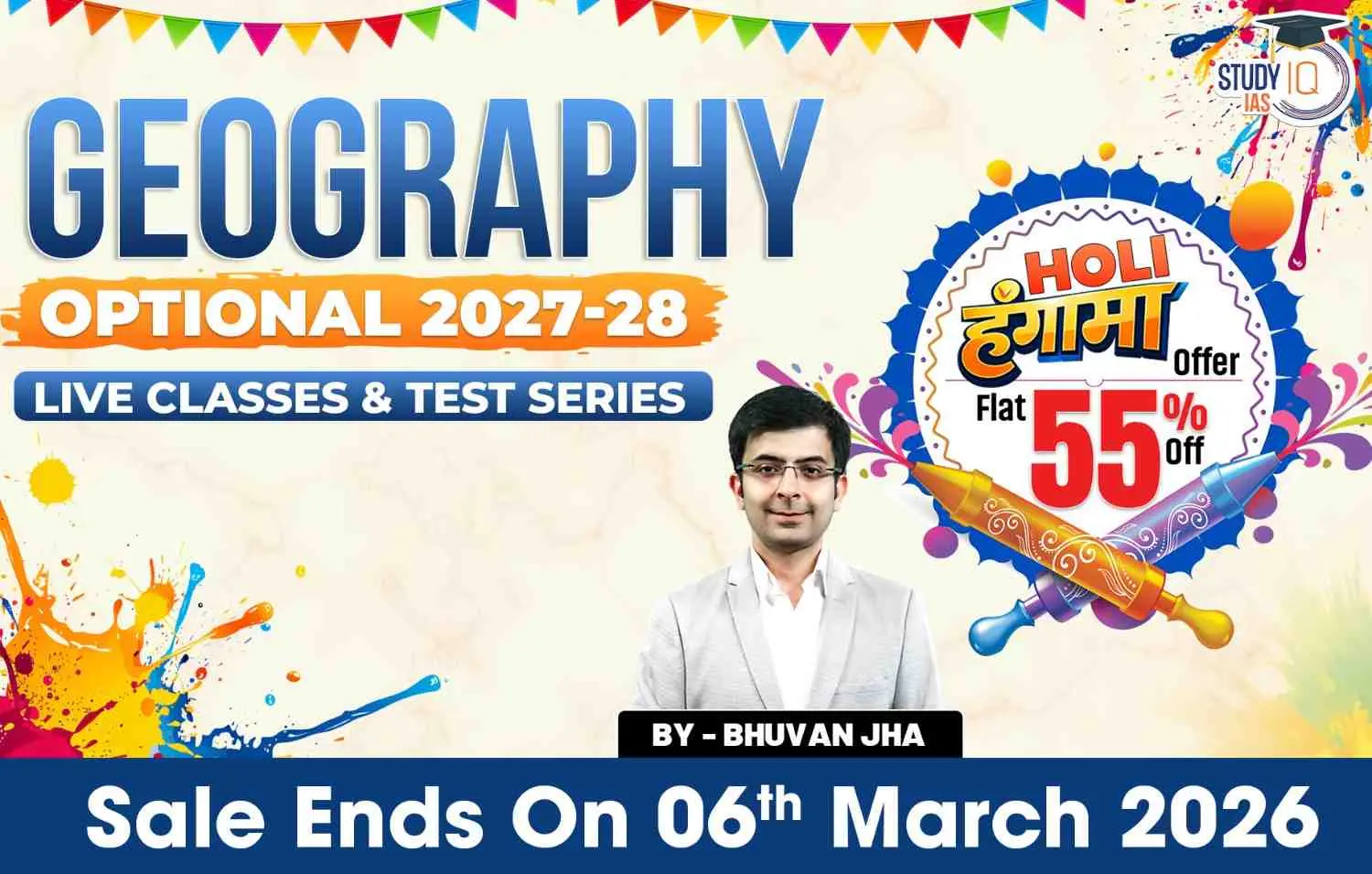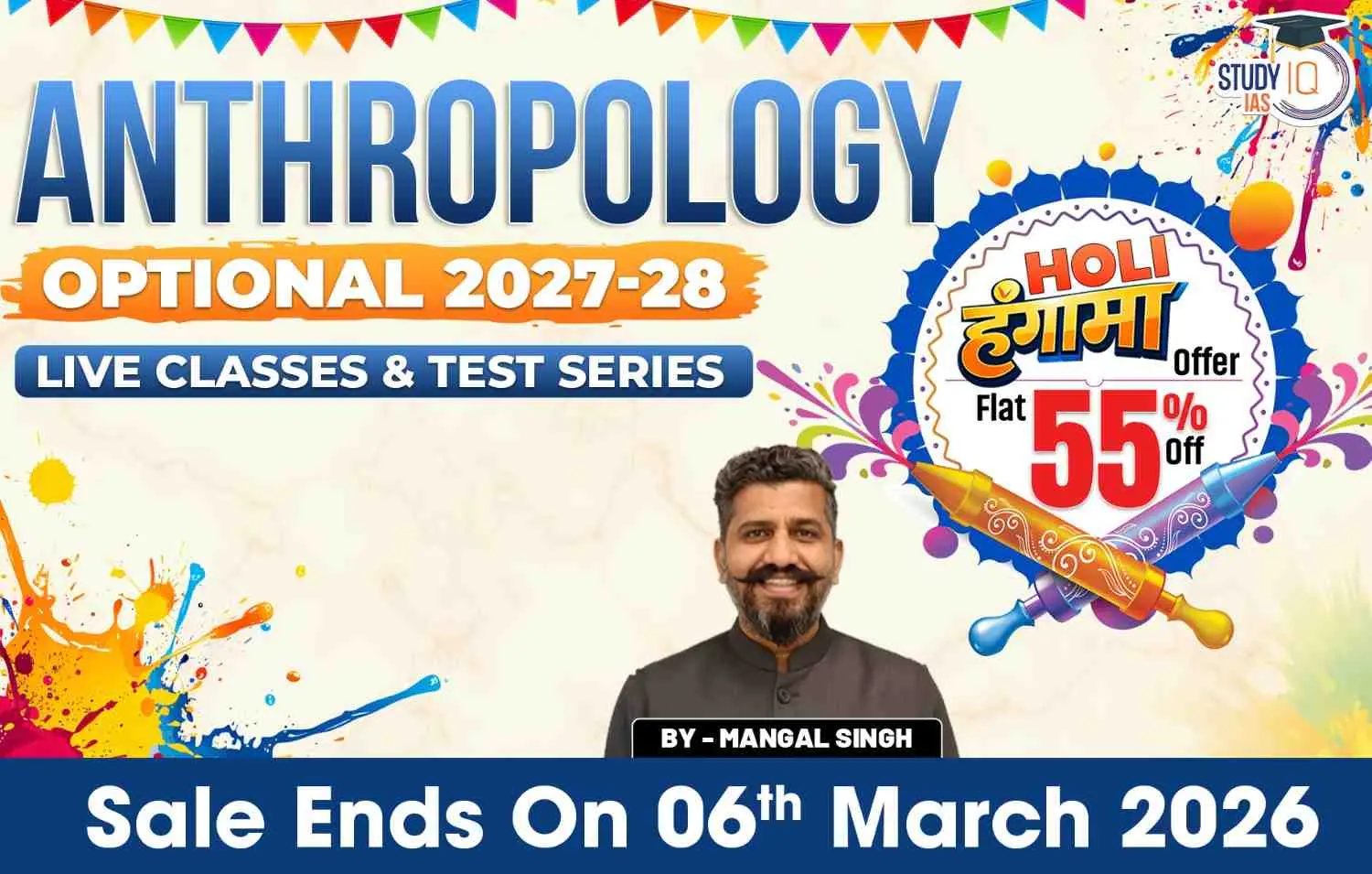Table of Contents
It is Best to See Life as a Journey, not as a Destination UPSC Essay
When Sir Edmund Hillary, the first man to climb Mount Everest, was once asked what he felt after reaching the summit, he replied, “I did not conquer the mountain; I conquered myself.” He explained that the triumph lay not in the few minutes spent at the top but in the months of training, the moments of doubt, the storms that survived, and the teamwork that carried him upward. The summit was a fleeting moment, and the journey was the real achievement.
As Ralph Waldo Emerson observed, ‘Life is a journey and not a destination.’ This wisdom reminds us that success is often measured by end goals such as wealth, fame, power, recognition, and yet life rarely conforms to such fixed endpoints. Instead, it unfolds through experiences, growth, and learning that make the journey itself meaningful.
Main Body: Pointers with examples in different dimensions
Thesis: “To see life as a journey, not as a destination”
- Ancient philosophy: The Bhagavad Gita teaches: “’Karmanye vadhikaraste ma phaleshu kadachana”. It means one has control over actions, not results. It lays emphasis on righteous action and self-realisation over rigid destinations.
- Eg: Over the Greek philosophy; Heraclitus noted, ‘No man ever steps in the same river twice,’ underscoring life’s impermanence. Cultural practices echo this view. Indian traditions like Tirtha Yatra celebrate the purifying experience of travel itself.
- Eg: Japan’s Kaizen philosophy highlights continuous improvement through small, meaningful steps rather than one-time achievements.
- Cultural teachings: Indian traditions such as Tirtha Yatra symbolise spiritual journeys, where the process of travel itself purifies the soul, not just the holy destination.
- Psychological dimension: Psychologists argue that defining life only through destinations breeds anxiety, dissatisfaction, and burnout.
- Eg: Hedonic adaptation suggests that once a goal is achieved of promotion, house, or award, the sense of fulfilment fades, and new goals emerge.
- Sports dimension: Many athletes recount that the joy of training, camaraderie, and overcoming small challenges often surpasses the fleeting glory of medals.
- Eg: PV Sindhu, Olympic medallist, once remarked that every practice session taught her more than the podium itself.
- Lessons from Mahatma Gandhi’s life: Exemplifies the idea of seeing life as a journey rather than a destination.
- Eg: The philosophy of Satyagraha (truth-force) and Ahimsa (non-violence) was not adopted only to achieve freedom from British rule, but to shape a nation grounded in ethical values, self-reliance, and human dignity.
- Eg: Gandhi ji famously quoted, “Satisfaction lies in the effort, not in the attainment. Full effort is full victory.” This reflects his belief that the struggle for justice and truth was as important, if not more, than the final result.
- Social perspective: Society often overemphasises destinations like academic ranks, job titles, or material possessions. This fuels unhealthy competition and rising mental health issues.
- Eg: WHO (2023) reports that anxiety and depression are among the top health burdens, particularly among youth striving for perfection.
- Eg: Finland’s education system focuses on curiosity and skill-building rather than high-stakes examinations, producing happier and more adaptable individuals.
- Economic growth: It is often seen as a destination such as achieving a $5 trillion GDP or reaching a certain growth rate.
- Eg: Development economists like Amartya Sen argue for a capability approach, viewing economic progress as an ongoing journey of expanding human freedoms, opportunities, and well-being.
- Eg: India’s Self-Help Group (SHG) movement, empowers rural women through microfinance, illustrates how incremental progress like enhancing literacy, confidence, and income matters as much as end goals like poverty eradication.
- Technological evolution: Technology itself has evolved as a journey of innovation. The Internet, AI, and Space Exploration were not destinations but milestones in an ongoing quest to improve human life.
- Eg: ISRO’s Chandrayaan-3 mission was celebrated not only for its landing but also for the journey of indigenous research, cost efficiency, and collaborative learning that strengthened India’s space ecosystem.
- Environmental conservation: Here treating sustainability as a destination and achieving ‘net zero by 2070’ is insufficient. It requires a journey of lifestyle changes, technological innovation, and ecological ethics.
- Eg: Initiatives like Namami Gange or Swachh Bharat Abhiyan show how continuous public engagement matters as much as reaching targets.
Anti-Thesis: “To see life as a destination”
- Destination as a clear goal: While the idea of seeing life as a journey emphasises growth and learning, destinations also provide purpose, direction, and motivation. Without clear goals, life may risk becoming directionless, leading to complacency or lack of achievement.
- Freedom struggle: India’s freedom struggle was driven by a clear destination of Swaraj (self-rule). Without a defined destination, such a massive mobilisation may have lacked coherence and urgency.
- Eg: While the journey of movements like the Non-Cooperation, Civil Disobedience, and Quit India was enriching, it was the goal of independence that united millions across diverse regions and faiths.
- Scientific destination: NASA’s Apollo Program had one clear destination, i.e. to land a man on the Moon and return him safely to Earth. The journey of technological innovation, testing, and failure was critical, but it was the well-defined end goal that channelled resources and inspired generations.
- Sports dimension: An elite runner remarked, “Training is beautiful, but without the finish line, I would not run 42 kilometres.” The challenge and reward of crossing the finish line fuels perseverance. Similarly, in life, goals act as psychological anchors that give meaning to the struggle.
- Philosophical perspective: Existential thinkers like Viktor Frankl argue that human beings need a sense of purpose like a destination of meaning to endure suffering and hardship.
- Eg: In Man’s search for meaning, Frankl recounts how prisoners in Nazi camps survived when they held onto the belief of a better future or a mission to fulfil.
Synthesis: A balanced approach
- Balanced value: A balanced perspective recognises that both journey and destination hold value such as destinations provide direction and motivation, while journeys offer learning, growth, and fulfilment. The key lies in harmonising the two.
- Eg: ISRO’s Chandrayaan-3 mission illustrates this balance. The destination of landing on the Moon provided vision and purpose, but the journey of overcoming Chandrayaan-2’s setback, perfecting indigenous technology, and collaborative learning was equally significant.
- Implications: Encourages setting ambitious goals while appreciating the learning process, fostering resilience and innovation. It prevents tunnel vision and nurtures adaptability when setbacks occur.
- Social harmony as the goal: While independence was a defined goal, but non-violence, truth, and moral discipline acted as transformative tools to attain Independence. Post-1947, Mahatma Gandhi continued the journey toward social harmony and rural development, proving that milestones open new pathways.
- Implications: Demonstrates that achieving milestones (such as independence) is not an end but a gateway to continuous societal progress, ethical governance, and moral development.
- Life as a series of steps: Dr. A.P.J. Abdul Kalam advised students to dream big (destinations) yet cherish the process of innovation, failure, and improvement. He believed success is not a single event but a series of meaningful steps.
- Implications: Inspires individuals to view success as cumulative, promoting consistent effort, perseverance, and acceptance of failures as integral to long-term achievement.
Thus, in an age of rapid change and uncertain futures, seeing life as both journey and destination offers not just wisdom, but a roadmap for resilience and purpose.
Therefore, “Life is not a race to a finish line, but a tapestry woven with every step, every stumble, and every sunrise along the way.“

 UPSC Final Result 2025 Soon: Check CSE M...
UPSC Final Result 2025 Soon: Check CSE M...
 UPSC Correction Window 2026: Dates, Dire...
UPSC Correction Window 2026: Dates, Dire...
 UPSC CSE 2026 Last Date Extended to 27 F...
UPSC CSE 2026 Last Date Extended to 27 F...


